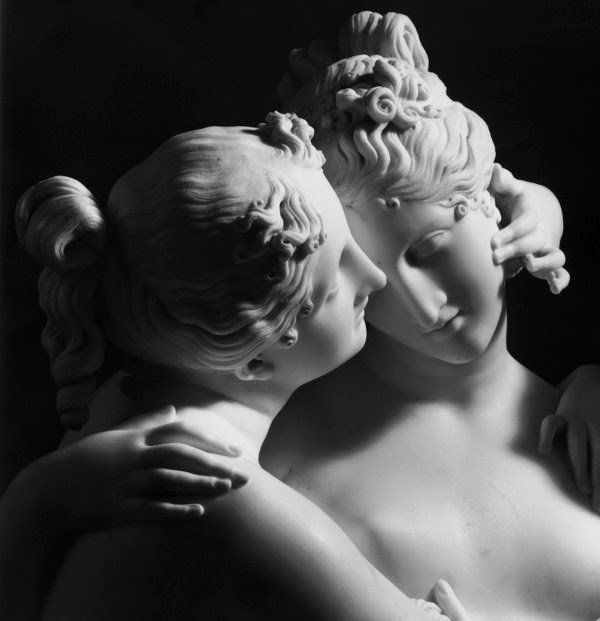The narrator offers two unusual stories of love. Byblis is in love with her twin brother, Caunus. When she realizes this love is unnatural and socially unacceptable, she tries to rationalize it by thinking of gods who have sex with their sisters. Her brother rejects her overtures and flees. Byblis tries to find him, and when she fails her weeping turns her into a spring.
The second story concerns Iphis. Ligdus, an honest Cretan man, tells his wife, Telethusa, that if their infant is a girl she must be left outside to die. Telethusa cannot bear to do this, so she makes Ligdus believe that Iphis is a boy. When Iphis is thirteen, a marriage is arranged between her and a girl named Lanthe. The two girls fall in love. Telethusa prays to Isis for a miracle. Isis answers her prayer and, to the delight of Telethusa and Iphis, transforms Iphis into a young man.
This tale coms off as a bit taboo with the introduction of two female lovers. Its an instance in which i found Ovid to have quite the progressive thinking mind.

No comments:
Post a Comment